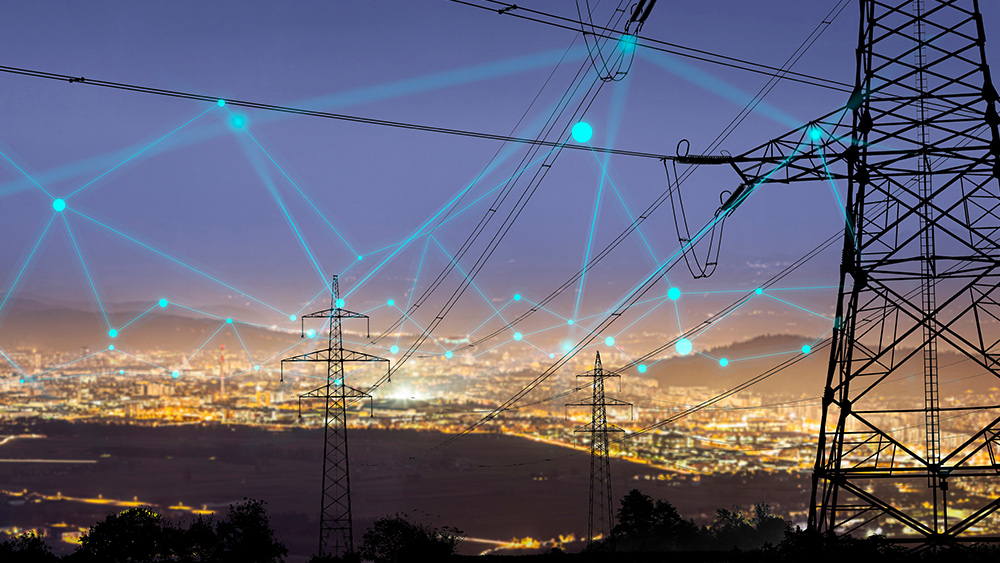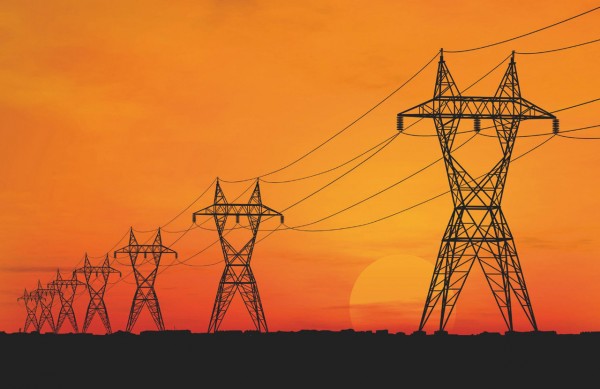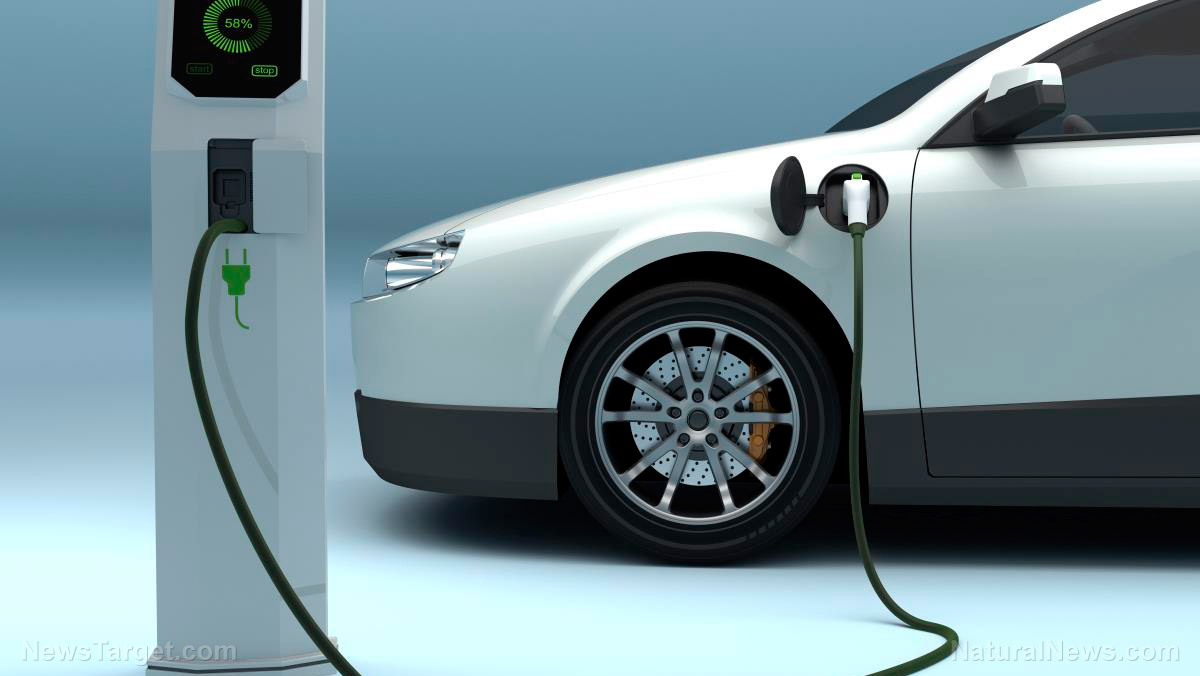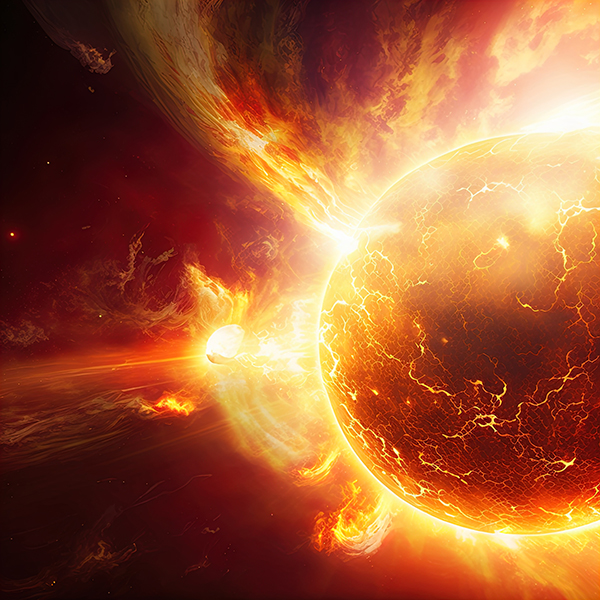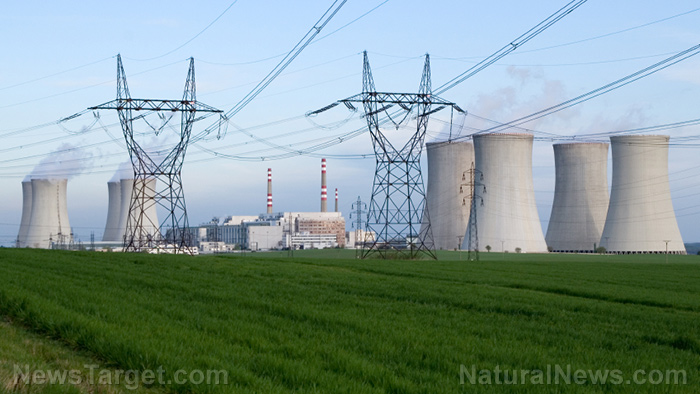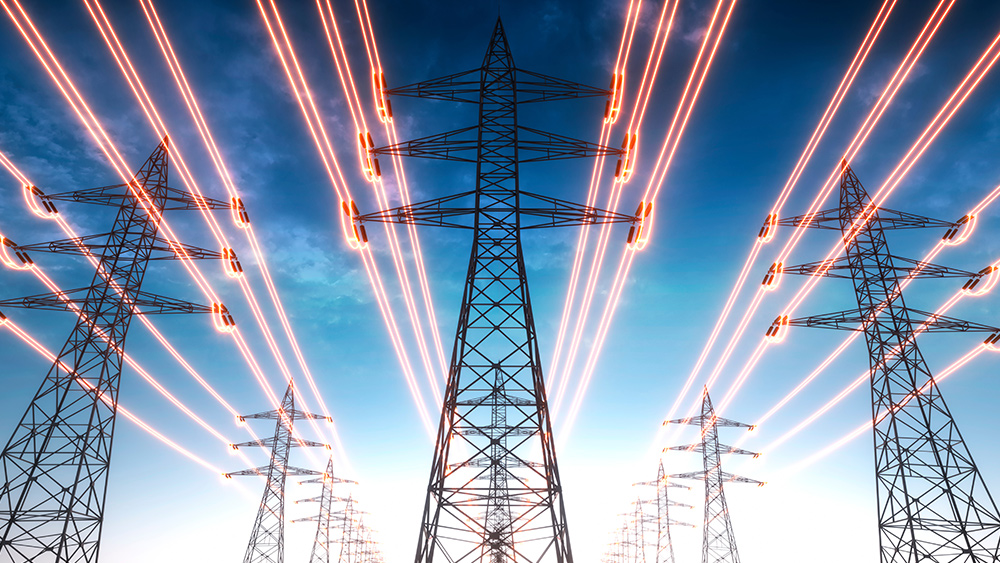Renewables NOT ENOUGH to cover Europe’s energy needs
04/19/2023 / By Oliver Young
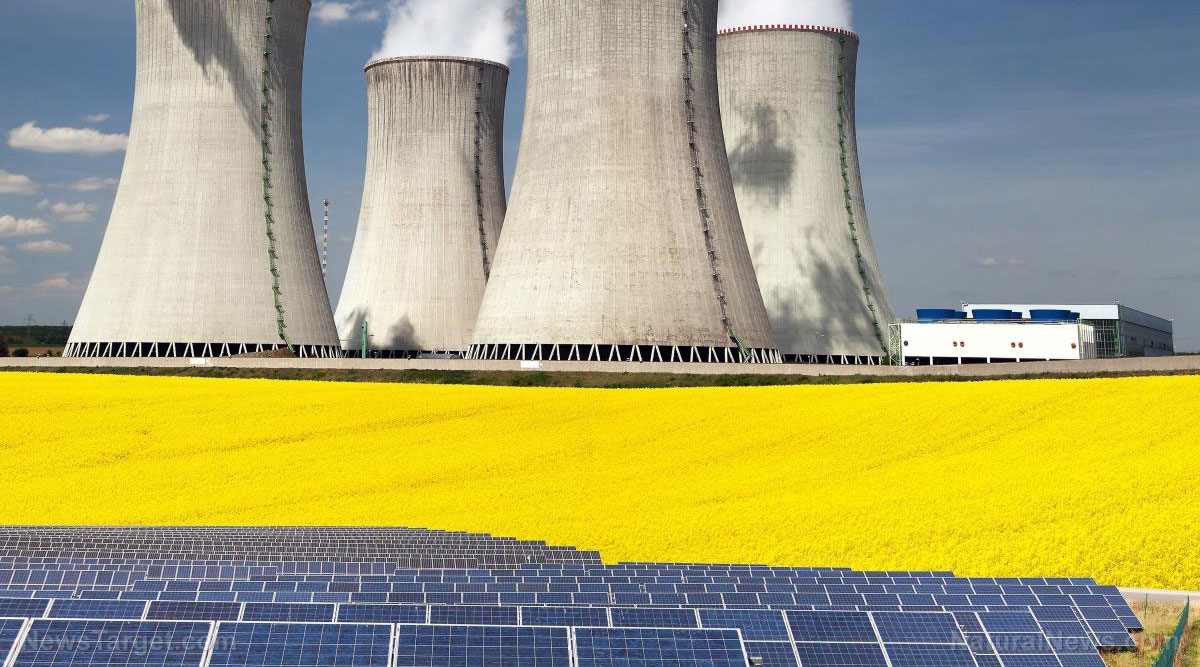
Solar and wind combined to produce more electricity than natural gas-fired power plants in Europe last year. But renewable energy is not enough to cover the declining hydro and nuclear output across the continent.
Last year’s droughts in Europe caused severe declines in hydropower electricity output. In Spain, for instance, hydropower output dropped by almost half because of the droughts.
Nuclear isn’t doing so swell, either. France suddenly found that years of underinvestment in maintenance would lead to emergency reactor shutdowns for repairs and maintenance.
The Electricity of France (EDF), a French multinational electric utility company, suffered a massive annual loss of $19 billion as half of its reactors had to be shut down for maintenance.
Nuclear experts have seen this coming when France decided to bet on renewables over nuclear.
In October, PV Magazine reported how wind and solar had compensated for the reduced output from hydro and nuclear power plants.
The article noted that wind and solar accounted for 24 percent of Europe’s electricity generation between March and September. During the same period, hydro output fell by 21 percent and nuclear fell by 19 percent.
Wind and solar continue to produce electricity at a record rate. However, Reuters‘ Gavin Maguire reported in a recent column that declines in hydropower and nuclear output are so severe they are more than offsetting those record output rates.
Things could become problematic later in the year as business activity across the continent begins to rebound after the energy crunch of last year, the Reuters columnist noted. And most of the Russian gas that was available last year may no longer be an option. (Related: Europe’s energy shortage about to hit full-blown crisis mode after Russia completely shuts down major pipeline.)
EU wants to stop Russian LNG imports as another energy crunch looms
The European Union (EU) countries agreed on March 28 to seek a legal option to stop Russian companies from sending liquefied natural gas (LNG) to them.
In March, EU Energy Commissioner Kadri Simson urged European companies not to sign new Russian LNG deals. Spanish Energy Minister Teresa Ribera made a similar request to firms in Spain.
However, such requests are not binding because Russian gas and LNG are not subject to EU sanctions.
The Energy ministers of EU countries proposed that the bloc’s new gas market rules should include the option for governments to temporarily stop Russian and Belarusian gas exporters from bidding up-front for capacity on the infrastructure needed to deliver LNG into Europe.
If approved, the proposal would offer member states a route to stop Russian LNG imports without using sanctions.
The bloc has pledged to ditch Russian gas in response to Moscow’s invasion of Ukraine. Europe’s pipeline imports of gas from Russia have plunged since the invasion, but LNG imports have increased.
EU countries like France may soon look for alternatives.
French nuclear energy is a major source of hope. But at the moment, French nuclear power plants are producing 17.5 percent less than the average output rate for 2020 and 2021.
Hydro is trickier because it is weather-dependent. A repeat of last year’s drought is a distinct possibility due to Europe’s mild winter that saw a lot less snow than usual.
Thus, EU countries may need to import a lot more LNG from their new top supplier, the United States.
Watch this video that explains why renewable energy is a scam.
This video is from the gocephas channel on Brighteon.com.
More related stories:
Europe’s energy crisis explained.
Europe energy prices spike as winds pause in stormy North Sea.
Bill Gates: Energy crisis taking out Europe’s economy is GOOD.
Europe is in a DEINDUSTRIALIZATION SPIRAL due to ongoing energy crisis.
Sources include:
Submit a correction >>
Tagged Under:
big government, Collapse, energy crunch, energy supply, Europe, fuel supply, hydro, liquefied natural gas, natural gas, nuclear, rationing, renewable energy, Russia, sanctions, scarcity, shortage, solar, supply chain, wind
This article may contain statements that reflect the opinion of the author
RECENT NEWS & ARTICLES
PowerGrid.News is a fact-based public education website published by Power Grid News Features, LLC.
All content copyright © 2018 by Power Grid News Features, LLC.
Contact Us with Tips or Corrections
All trademarks, registered trademarks and servicemarks mentioned on this site are the property of their respective owners.

